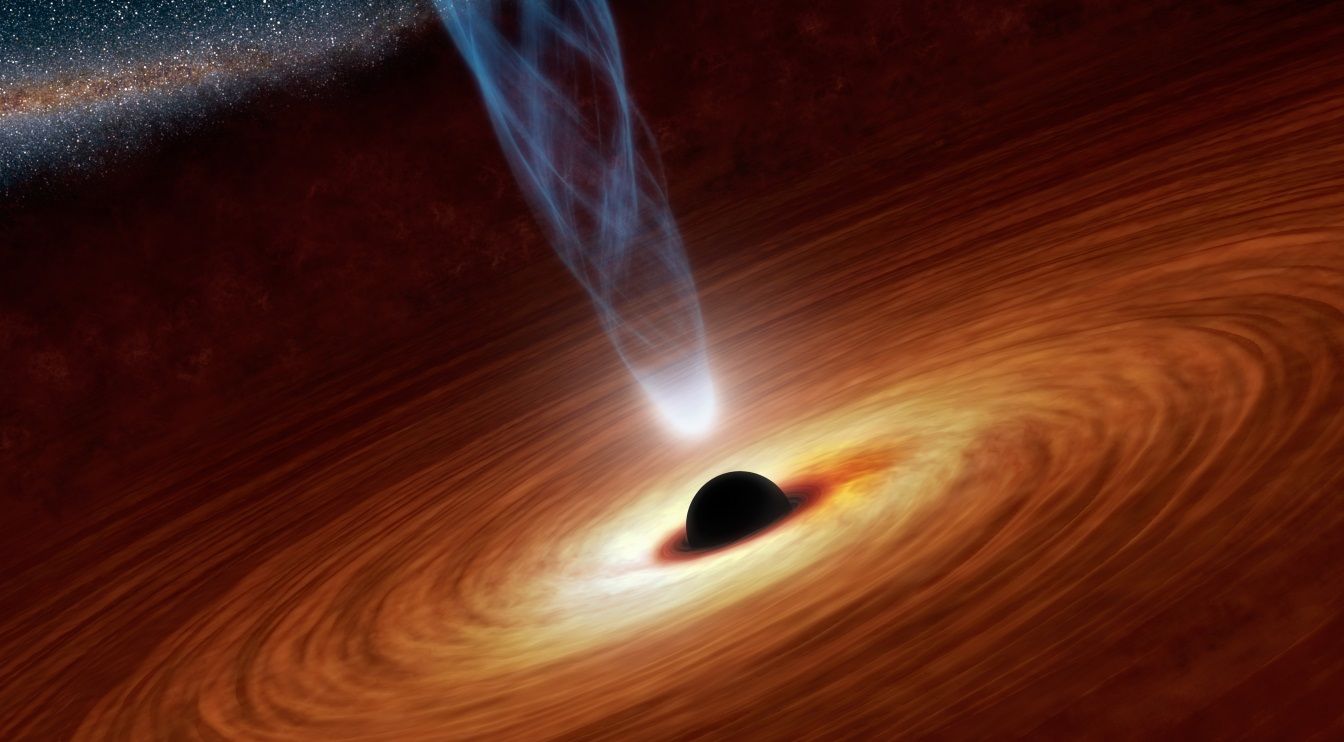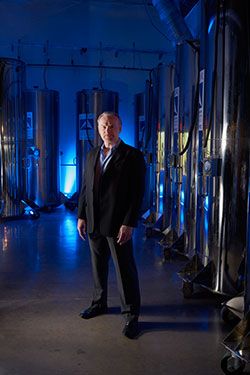And the Singularity rolls ever on. And on.
“Cytokine converter” AND-gate synthetic-biology prosthesis used to treat psoriasis in mice. Top left: skin before; right: skin after. (credit: Lina Schukur et al./Science Translational Medicine)
An advanced “molecular prosthetic” — a cell with synthetic gene circuits that can be implanted into an organism to take over metabolic functions that the organism cannot perform itself — has been developed by ETH Zurich scientists.
Previous gene circuits typically monitored only whether one disease-causing molecule (called a cytokine) was present in their environment and if so, produced a single therapeutic cytokine as a response. The new “cytokine converter” synthetic circuit functions like an AND gate: It can detect two different cytokines simultaneously, and if (and only if) both are present, produces two different cytokines that can treat a disease.



